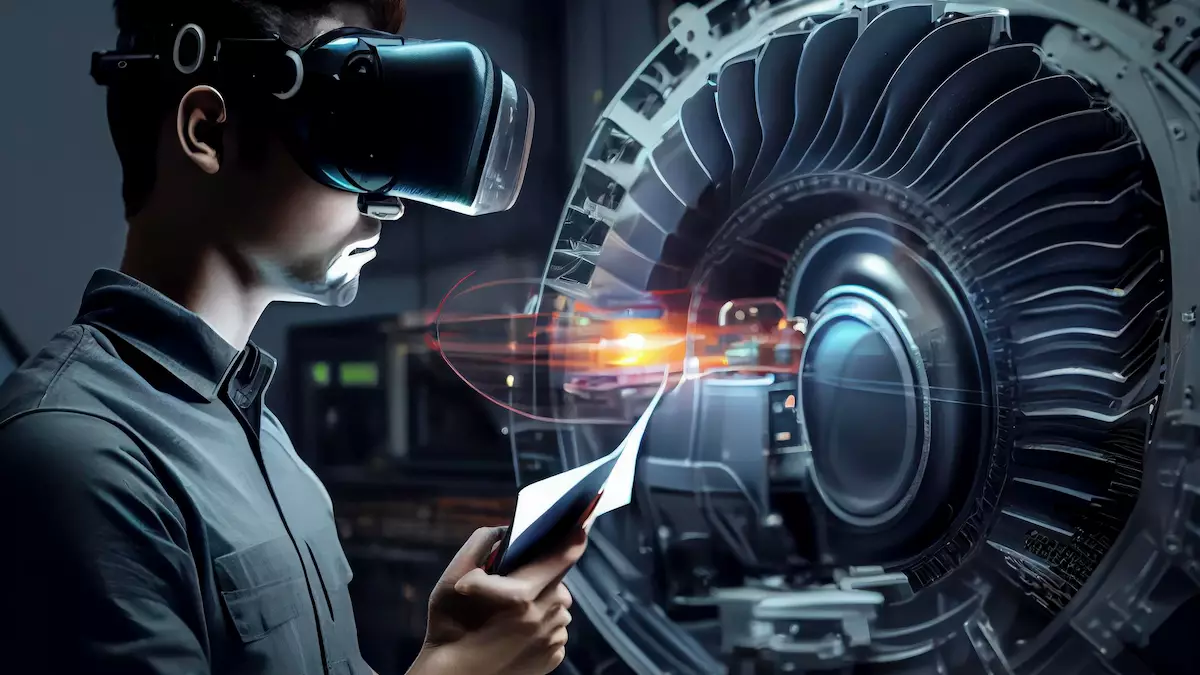The industrial metaverse is rapidly growing, with sales reaching an impressive US$ 61.8 billion in 2022. Its potential for transformation is undeniable, as forecasters predict a compound annual growth rate (CAGR) of 25.3% from 2023 to 2033, leading to a market worth of US$ 765.8 billion. This article explores the significant impact of the industrial metaverse on industries, particularly in car manufacturing, and how it can revolutionize traditional processes and foster innovation.
One of the key benefits of the industrial metaverse is its ability to accelerate product development cycles for automotive manufacturers. Through virtual prototyping, designers can iterate on car designs rapidly, leading to faster innovation and increased efficiency. This eliminates the need for physical prototypes, reducing costs and streamlining the design process. By seamlessly integrating digital twin technology and virtual reality (VR), augmented reality (AR), and mixed reality (MR) platforms, the industrial metaverse offers a sustainable approach to designing and testing products. This shift towards virtual environments supports more innovative and environmentally-friendly practices in various industries.
The industrial metaverse not only revolutionizes technology but also redefines the future of work. It enables global collaboration, eradicating geographical constraints and allowing stakeholders to interact in real-time. With virtual communication and interactive interfaces, teams can create, test, and improve product designs more efficiently, eliminating the need for physical meetings. This fosters a more productive workflow and enables organizations to adapt to the changing work landscape. As the global market increasingly accepts the industrial metaverse, its integration becomes a necessity for businesses striving to remain competitive.
In the automotive industry, the industrial metaverse is proving to be invaluable in the design and testing processes. This digital tool allows manufacturers to build and adjust virtual models of cars before they enter production, expediting the design process. Constructing multiple physical models is no longer necessary, making the entire car design cycle more efficient. Additionally, engineers can now run simulations on various car parts, including engines and frameworks, within a virtual space. This saves both time and money, ensuring better quality and reliability of vehicle components.
The impact of the industrial metaverse extends to the assembly line, optimizing car manufacturing operations. Fine-tuning operations through the metaverse improves the efficiency and smoothness of the production process. This tool enables seamless communication between different parts of the assembly line, minimizing errors and maximizing productivity. By integrating the industrial metaverse into the core of car manufacturing, organizations can achieve significant cost savings and operational enhancements.
With its tremendous growth and transformative potential, the industrial metaverse is set to revolutionize industries in the coming years. Its integration into sectors like car manufacturing drives innovation, efficiency, and sustainability. By reshaping industrial processes, redefining the future of work, and streamlining car design and testing, the industrial metaverse has become an essential tool for organizations striving to stay competitive in an ever-evolving landscape. As the market increasingly acknowledges its significance, embracing the industrial metaverse becomes a crucial step towards success and continued growth.


Leave a Reply